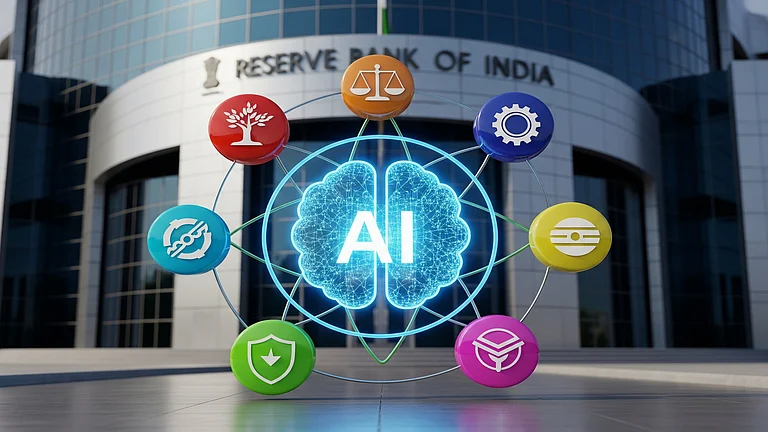The FREE-AI Framework and what it means for consumers
The Framework for Responsible Electronic and Efficient AI (FREE-AI) committee, constituted by the Reserve Bank of India (RBI), emphasises the need to address the vulnerabilities posed by adopting AI-powered tools and models. The report focuses on protecting customer interest and data confidentiality. The committee has recommended that the organisations that adopt AI should also address the ethical concerns around fairness, transparency, data breach risks and use of customer data. Furthermore, they should address customer grievances through clear communication and adequately disclose the use, limitations, and risks of products and services owing to the embedding of AI. They should also spread awareness to familiarise consumers with the associated complexities and risks of AI-powered products and services.


